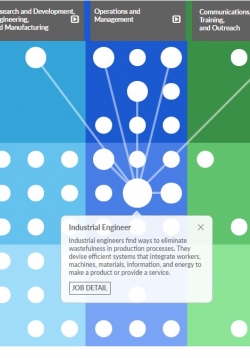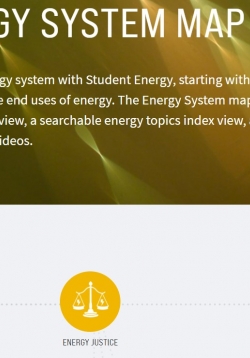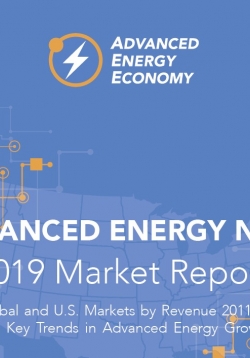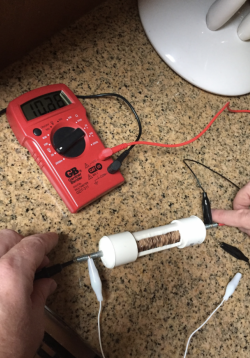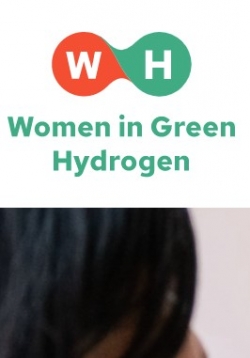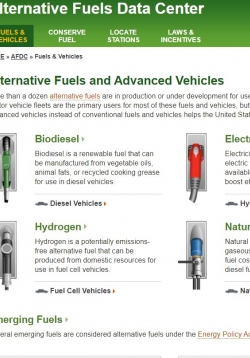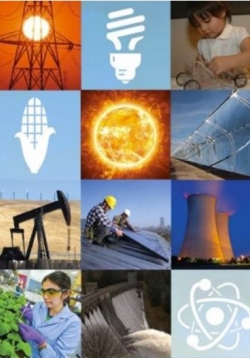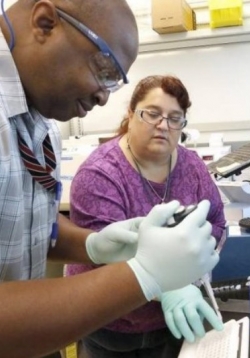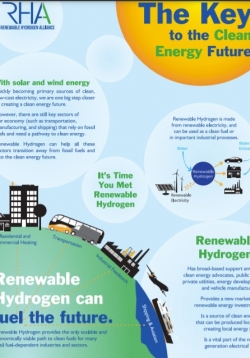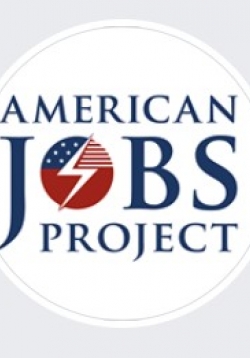
The American Jobs Project develops practical, customized strategies to promote economic development and advanced energy jobs. They have published state-level industry reports highlighting opportunities in Advanced Energy for 24 states for the next 10 years. These can be great ways to identify Career-Connected Learning opporunities and industry partners in your state.

